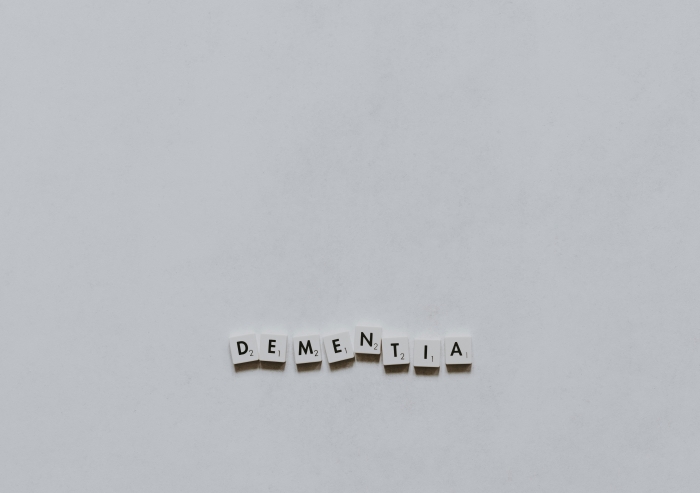When a virus is circulating widely and causing numerous infections, the likelihood of the virus mutating increases. The more opportunities a virus has to spread, the more opportunities it has to undergo changes.
On average it takes 5–6 days from when someone is infected with the virus for symptoms to show, however it can take up to 14 days. New variants like Omicron are a reminder that the COVID-19 pandemic is far from over. It is therefore essential that people get the vaccine when available to them and continue to follow existing advice on preventing the spread of the virus, including physical distancing, wearing masks, regular handwashing and keeping indoor areas well ventilated.
The WHO (World Health Organisation) reports that Omicron is probably present in most countries, even if it hasn’t been detected yet. It is important to remember that all variants of COVID-19 can cause severe disease or death, including the Delta variant that is still dominant worldwide, which is why preventing the spread of the virus and reducing your risk of exposure to the virus is so important.
Omicron is spreading more quickly than other variants. Based on the information available, the WHO believes it is likely that Omicron will outpace the Delta variant where there is COVID-19 transmission in the community.
However, being vaccinated and taking precautions such as avoiding crowded spaces, keeping your distance from others and wearing a mask are critical in helping to prevent the spread of COVID-19, and we know these actions have been effective against other variants.
There is no information to suggest that Omicron causes different COVID-19 symptoms from other COVID-19 variants. Researchers are looking into any potential impact the Omicron variant has on the effectiveness of COVID-19 vaccines. However, the WHO reports that so far it looks like the currently available vaccines offer significant protection against severe disease and death.
You should get vaccinated even if you’ve previously had COVID-19. While people who recover from COVID-19 may develop some natural immunity to the virus, we do not yet know how long it lasts or how well you are protected. Vaccines offer more reliable protection.
The widely used PCR and antigen-based rapid diagnostic tests continue to detect infection of COVID-19, including Omicron.
Reference – UNICEF –








